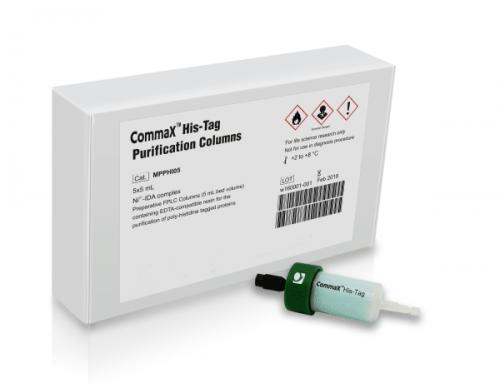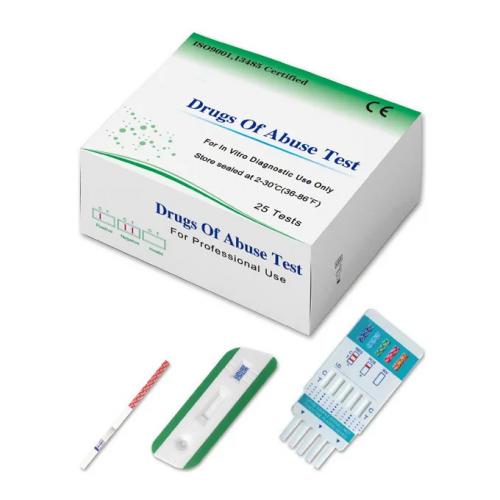The Role of Clinical Diagnostics in Healthcare

The Importance of Clinical Diagnostics
Clinical diagnostics play a crucial role in modern healthcare. They are the cornerstone of effective patient care, aiding healthcare professionals in diagnosing diseases and determining appropriate treatment plans. In this article, we will explore the significance of clinical diagnostics and the role of clinical laboratory scientists in this vital field.
Clinical Diagnostics in a Nutshell
Clinical diagnostics encompass a wide range of tests, procedures, and techniques used to identify and evaluate a patient's health condition. From routine check-ups to complex disease diagnosis, clinical diagnostics are integral to the healthcare system. These tests help in the early detection of diseases, monitoring of chronic conditions, and assessment of treatment outcomes.
The Expertise of Clinical Laboratory Scientists
Clinical laboratory scientists, also known as medical laboratory professionals, are the unsung heroes behind the scenes. They are the ones responsible for performing the diagnostic tests and ensuring accurate results. These professionals undergo rigorous training to operate state-of-the-art equipment and adhere to stringent quality control measures.
The Collaboration with Diagnostic Labs
Diagnostic labs are the backbone of clinical diagnostics. They are specialized facilities where clinical laboratory scientists work diligently to analyze various types of samples, such as blood, urine, and tissue. These labs are equipped with cutting-edge technology to perform a wide array of tests, including hematology, microbiology, and molecular diagnostics.
Clinical laboratory scientists working in diagnostic labs play a pivotal role in generating accurate and reliable results. Their expertise is essential in maintaining the quality of diagnostics in healthcare. They work closely with healthcare providers to ensure that the right tests are conducted, results are interpreted correctly, and patients receive appropriate treatment based on the outcomes.
The Impact on Patient Care
The accurate and timely diagnosis of diseases through clinical diagnostics can significantly impact patient care. Early detection of conditions like cancer, diabetes, or infectious diseases allows for prompt intervention and improved treatment outcomes. Moreover, clinical diagnostics help monitor chronic conditions and adjust treatment plans as necessary, ensuring patients receive personalized care.
Continuous Advancements in Clinical Diagnostics
The field of clinical diagnostics is constantly evolving. Advancements in technology and research have led to more precise and efficient diagnostic methods. From genetic testing to point-of-care diagnostics, these innovations have improved the speed and accuracy of test results, ultimately benefiting patients.
Conclusion
In conclusion, clinical diagnostics are a cornerstone of modern healthcare, enabling early disease detection and personalized patient care. Clinical laboratory scientists and diagnostic labs are at the heart of this field, ensuring the accuracy and reliability of diagnostic results. As the healthcare industry continues to advance, clinical diagnostics will play an increasingly pivotal role in improving patient outcomes and overall healthcare quality.




Comments